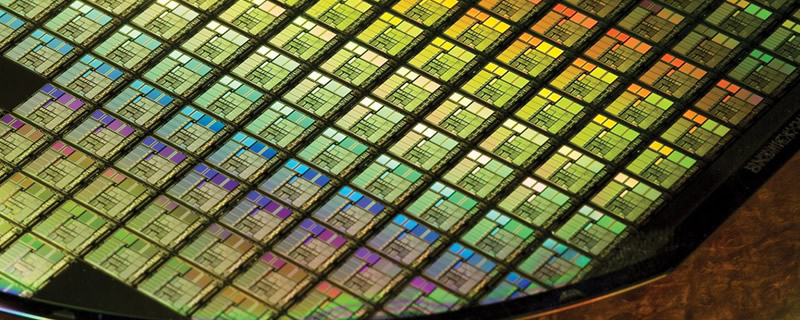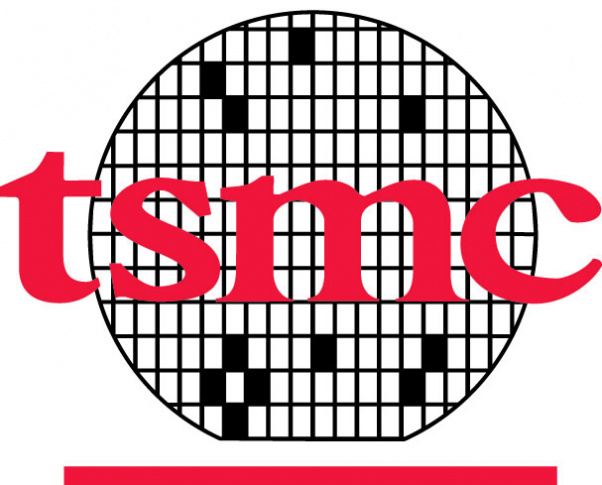TSMC plans to move to 7nm in 2018
TSMC plans to move to 7nm in 2018
Â
Demand is growing for increasingly advanced process technologies, whether it is to reduce the cost of manufacturing, increase circuit density, increase performance or decrease power consumption.Â
Â
TSMC is already making products on their new 10nm FinFET process, though the company is looking to further advance their technology due to increased competition in recent years from Samsung. This has prompted TSMC to accelerate their 7nm plans, with reports from DigiTimes stating that they plan to utilise DUV technology and not move straight to EUV. This is likely due to the low production rate of EUV machinery, which is currently in high demand.Â
Â
EUV technology can produce better chips, at least in theory, but the equipment is not quite as usable or readily available for widespread industrial applications as DUV, which means that we should not expect a full EUV production node for at least another few years.Â
Â
It seems that TSMC is gearing up to produce 7nm products in 2018, deciding to delay their use of EUV technology until the technology improves and is more readily available.Â
 Â
Â
At the time of writing, Globalfoundries is also set to be ready for volume production on their own 7nm processing node in 2018, with plans to introduce EUV elements as the process matures. This process will be used with AMD’s upcoming Zen 2 and Navi CPU/GPU architectures, relying primarily on DUV technology.Â
Â
You can join the discussion on TSMC’s 7nm process node on the OC3D Forums.Â
Â




